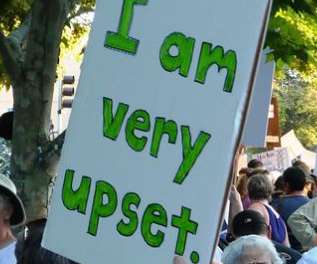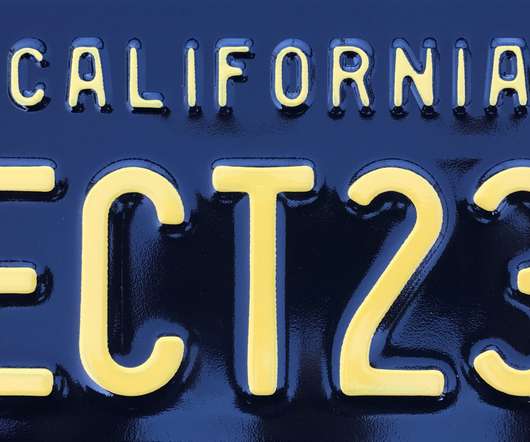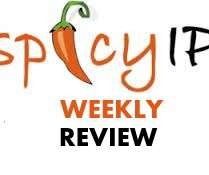X Corp. v. Bright Data is the Decision We’ve Been Waiting For (Guest Blog Post)
Technology & Marketing Law Blog
MAY 17, 2024
First, the court held that the damages X incurred (primarily the loss of advertisers after CCDH published negative reports using scraped data) were unforeseeable when the ToS were agreed upon in 2019. Judge Alsup suggested that X’s ToS conflict with copyright law by prohibiting scraping irrespective of whether it qualifies as fair use.
























Let's personalize your content